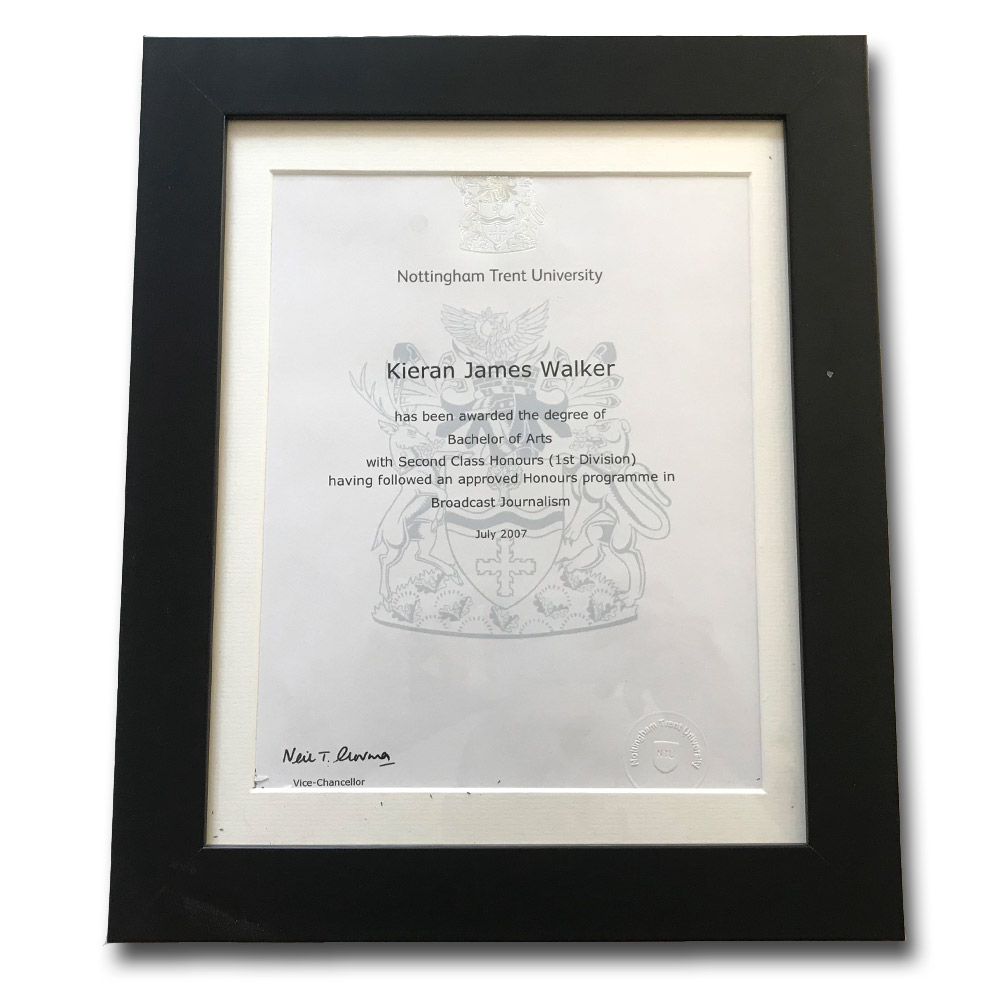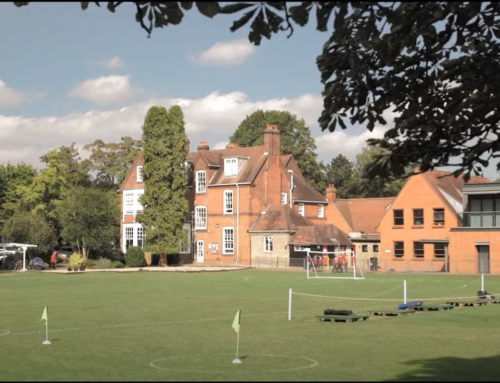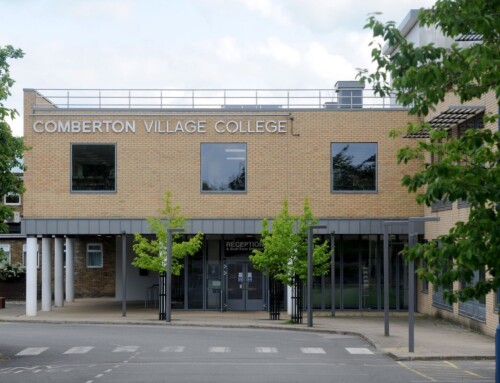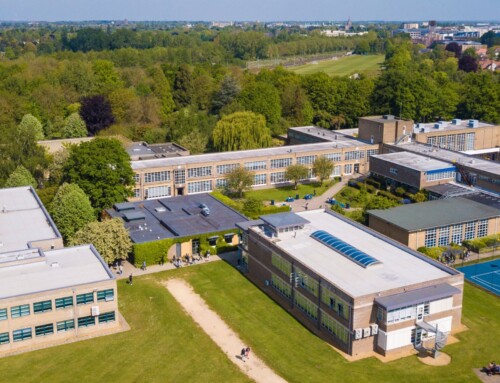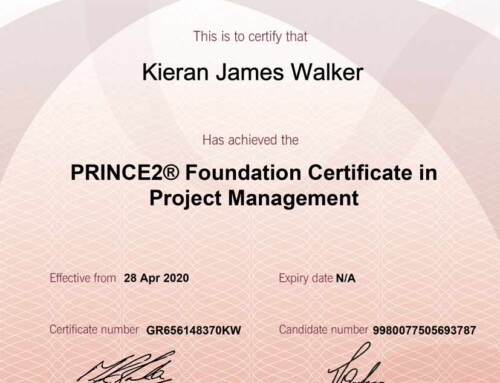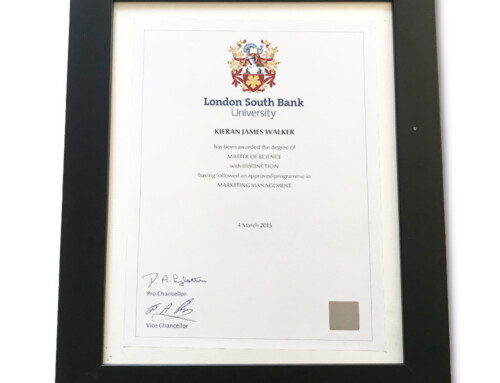
Graduating wtih a 2;1 in 2004. The course covered a range of convergent media including emerging media platforms, social media, sound production and digital film production. I engaged with theoretical areas such as representation, authenticity, ethics and screen writing. I developed debating, presentation and pitching skills as well as understanding personal branding and freelancing.
During my first year I was introduced to the four core modules which developed my theoretical understanding of the Media and progressed my technical and creative skills.
The second year built on my understanding of media production, as I learnt to work across media platforms. I studied core modules and select three optional modules based on the specialisms that interested me. It was at this stage I also joined the BBC in Nottingham.
In my final year I undertook a media dissertation and documentary on Biofuels as I prepared for a career in the media and comms industry.
Core Modules:
Understanding Media
This module explores media production and regulation, questions about representation and identity, and the way in which media forms are consumed, as well as what it is like to work in the media.
Introduction to Media Production
This module provides a foundation in the skills required for effective media project work. It explores the principal elements of creating media content through understanding narrative, still and moving image and sound, and the practical and theoretical relationship between those elements.
Sound and Media
This module introduces you to the importance of sound design in various forms of media such as the web, gaming, music, television, podcasting and radio. You’ll gain an insight into the expressive power of sound; how sound and music constructs genre; and how it reaches its audience. You’ll analyse sound in various forms and contexts to inform your own practice.
Writing for the Media
This module will introduce various forms of writing across a broad range of media, exploring the principles of writing for creative and professional practice in screenwriting, websites, journals and blogs. It will provide you with the skills needed to write for the media industries, pitch and present ideas for projects, write reports and critically reflect on your work.
Media, Theory and Society
Explore how media and cultural theories are used to understand and make sense of our mediated society. The aim is to give you a thorough understanding of how creative thinking underpins and informs the production work that you’ll undertake.
Media in the Workplace: Experiencing Work
This module focuses on self-employment, entrepreneurship and your potential future career. Seminar and workshop exercises will enable you to plan for your future career and build a career development portfolio. In the second half of the module you’ll undertake a work experience placement.
Intermediate Media Practice and Production
You’ll produce a portfolio of work that not only improves your technical skills, but also enables you to make links between theory and practice and enhance your employability. The skills workshops include individual work and group exercises, focusing on photography, web, sound, filming and editing.
Optional modules typically available include:
Creative Documentary
This module will encourage you to examine the key critical issues of documentary production such as authenticity and ethics. To prepare you for your dissertation in Year Three, you’ll create a 5-10 minute documentary as a group (or individually) and be encouraged to creatively and critically engage with the given styles and genres of documentary.
Script to Screen
Screenwriting is the foundation for almost all forms of media production, from feature films to TV series; corporate and third sector work, documentary production, commercials, music video and recently developed forms of interactive narrative in games production. This module will introduce you to the key elements all screenwriters are required to understand and address in all forms of narrative writing; story and structure, character, setting and dialogue.
Intermediate Sound Production
This module offers students intermediate skills in audio design and production. A series of lectures and seminars will enable students to understand how sound design can be used to construct genre, and create a sense of time and space. The expressive and emotive qualities of sound will be explored, as well as an understanding of how sound communicates with its audience.
Researching Media, Communication and Culture
This module introduces the key empirical methods and analytical approaches of Media and Cultural Studies. It enables you to produce original research, and to gain greater understanding of the methods you might use in your Media dissertation. It outlines a range of methods, and shows how these can be applied to particular media and cultural case studies.
Talking Media: Arguing, Speaking, Debating, Performing
This module looks at argument, speech and debate within media forms (e.g. TED talks, panel shows, radio phone-ins, blogs and vlogs). Using examples from different forms, it examines both the format of media debates (e.g. issues of ‘balance’ and notions of a ‘centre’; questions of expertise; managing hostile, angry and heckling voices) and successful techniques for making an argument and ‘pitching’ ideas.
Dissertation
This is a substantial piece of independent work made by you in whatever media platform you choose. You’ll be supported by a supervisor and have the opportunity to pitch your creative idea to an industry mentor or panel.
Optional modules typically available include:
Client-Led Media Practice and Production
During this module you’ll be able to focus on the development of skills in media production by completing a media project that will be set to a ‘real brief’. This is an opportunity for you to enhance your employability options by participating in live projects with a real purpose. This module will encourage you to make connections between theory and practice.
Advanced Multimedia
This module offers a complementary approach to the development and production of digital media content. The Internet continues to develop and is now seen as the most important method of delivering multimedia information. In this context, the module explores the practice and theory of ‘live’, online delivery of interactive digital content. You will engage in discourse and analysis of the different facets of development, production and distribution, and through enhanced production skills, and the use of professional equipment and software, you will produce a ‘live’ digital interactive multimedia text for the Web.
Media Production and Tourism
This module enables students to explore and analyse media representations of tourism by the tourist industry and in popular culture such as film and TV. The module provides an historical, theoretical, and critical overview of the major debates which relate media and tourism. The ‘gazes’ theorised in the disciplines of media consumption and tourism studies are examined and compared, and the role media plays in terms of global access is explored.
You will demonstrate your skills and understanding in this field by working on your own media and tourism production. Clients that NTU have worked with previously include Nottingham City Council, Nottingham County Council and the National Trust.
Advanced Sound Production
This module expands on the skills and understanding acquired and developed in the previous two years. You will gain advanced skills in audio design and production. A series of lectures and seminars will enable students to understand how recording and sound design can be used to communicate with audiences in non-fictional contexts.
You will produce a non-fiction audio piece such as an audio documentary. This project will encompass various audio forms including presenting, recording interviews, recording audio soundscapes and music composition and production.
Screenwriting: Story, Theory, Practice
This module is designed to test and develop your knowledge and skills of screenwriting craft introduced in Writing for the Media and Script to Screen. It will focus on mainstream and Independent screenwriting for Film and TV; exploring in detail forms and formats of Feature Films, Serials, Series, Situation Comedy and Soap Opera.
Experimental and Expanded Media Production
Developing ‘film and TV literacy’ for any vocation in the industry is essential, and the module will provide, through a range of moving image and text samples, a broad historical and global context for professional practice.
Media in the Workplace: Becoming Career- Ready
This module focuses on becoming career ready. It will focus on a broad range of careers (not just those in the media and creative sector). The module will give you the opportunity to start your careers search and it aims to give you some of the practical skills, knowledge and tools to equip you for beginning that search and becoming career ready.
Lifestyle and Consumer Culture
Explore key approaches to understanding lifestyle and the culture of consumption. You’ll be introduced to many important theoretical approaches to understand lifestyle and consumer culture and you’ll use many case studies such as travel and tourism to evaluate these.
Cultural Policy
Explore a range of debates within the developing field of policy study, which relate to the development of media. You’ll examine some of the key institutions within which policies relating to film, television, the visual arts, heritage and other creative industries are determined. You’ll explore questions such as: what is cultural value and how important are the cultural and creative industries?
DJ Cultures: History, Theory and Technique
From obscure roots, the art of DJing has in recent decades exploded into the limelight as a major form of popular culture. No prior experience of DJing is required to take this module, which combines a basic ‘taster’ introduction to DJ technology and the practical techniques of DJ performance with a theoretical consideration of various styles of DJing, their histories, their related musical experiences and their wider cultural significance and influence.


